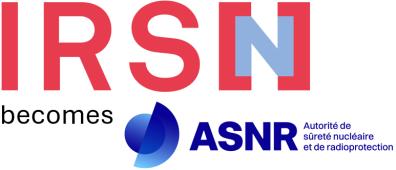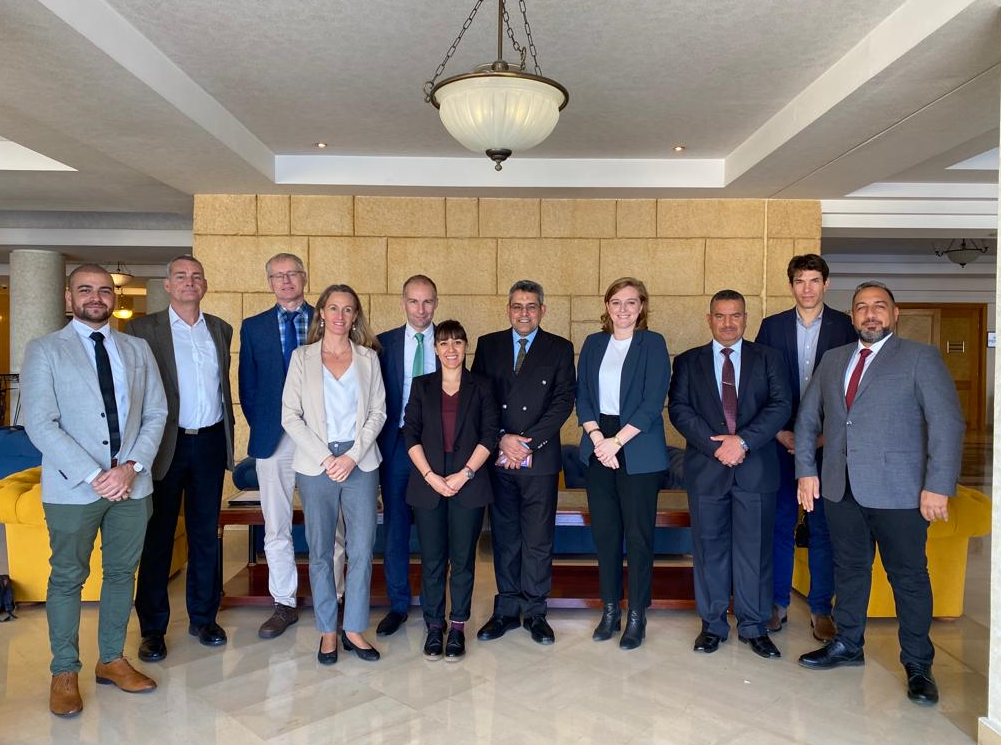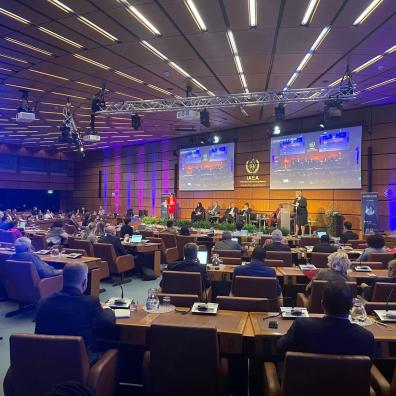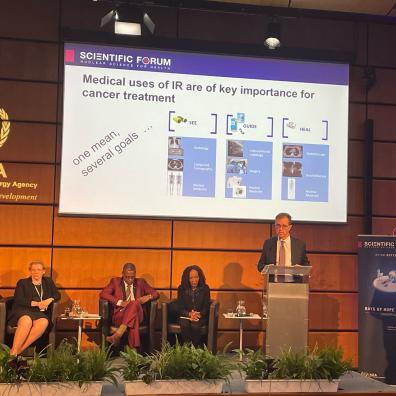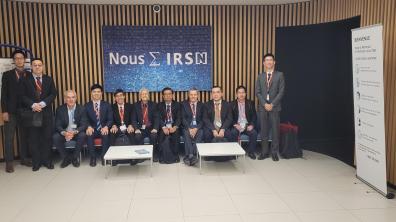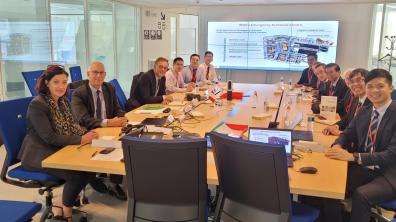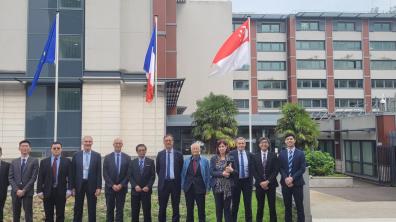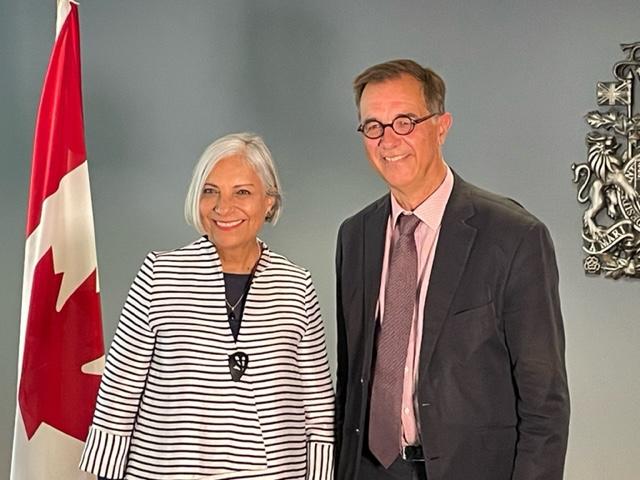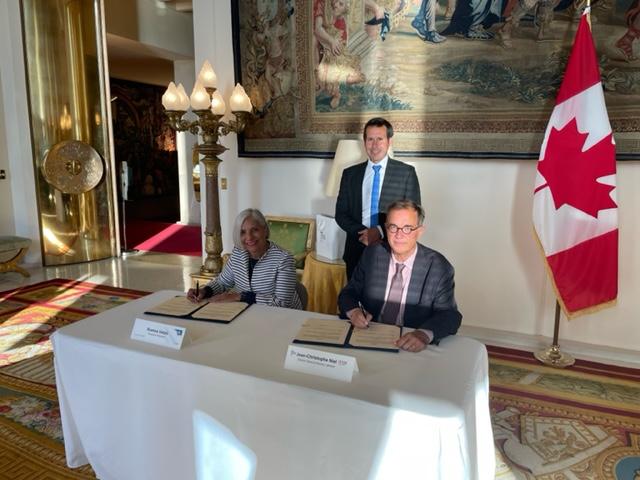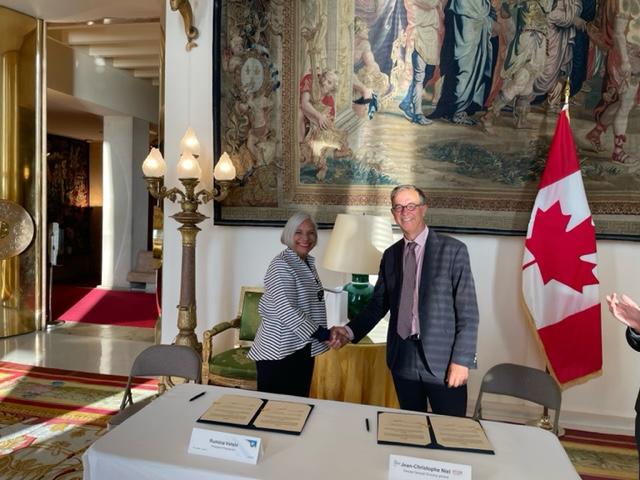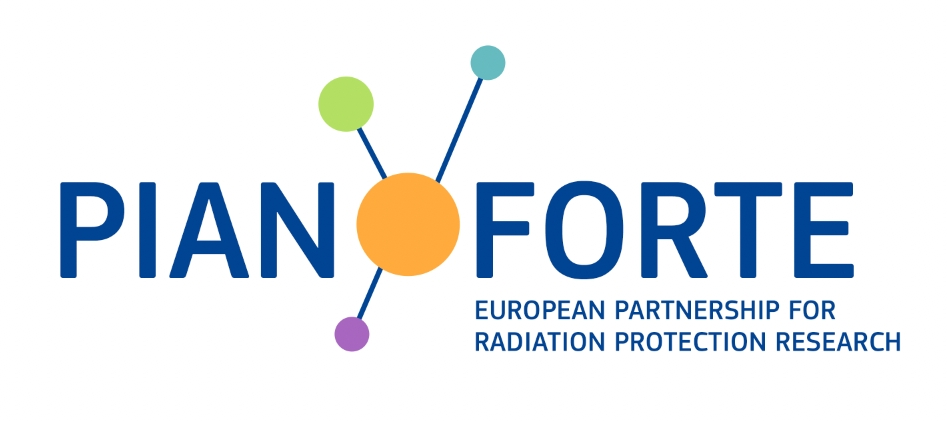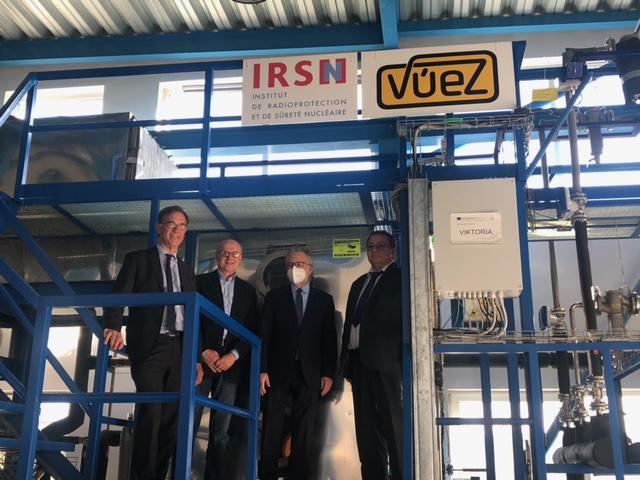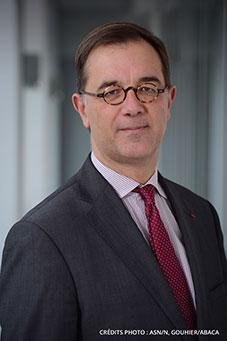Towards a better use of ionizing radiation in the fight against cancer
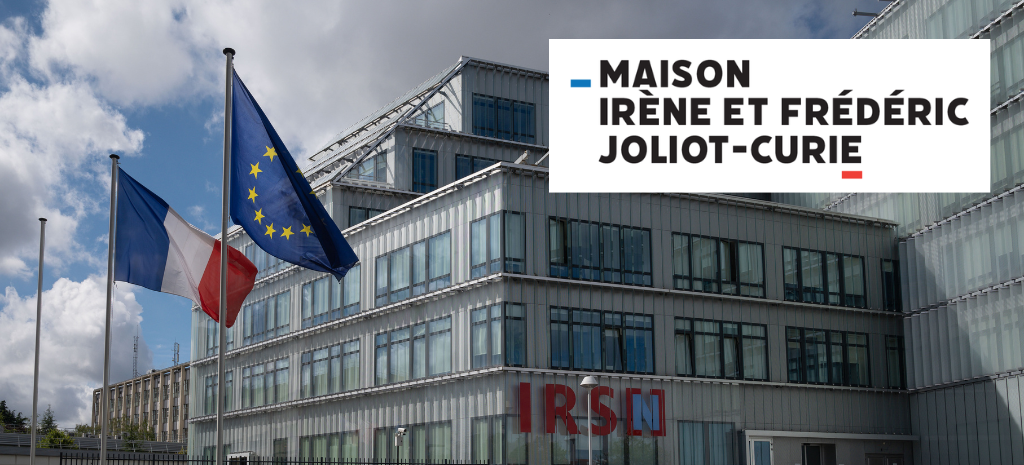
A few days before World Cancer Day, IRSN, in partnership with CEA, INSERM and CNRS, wanted to bring together the main national, European and international stakeholders who contribute to the fight against cancer by using ionizing radiation for diagnostic and therapeutic purposes, such as radiotherapy or the use of radiopharmaceuticals. The essential contribution of these techniques is no longer in question, as shown by the steady increase in the life expectancy of patients.
This day brings together health professionals (radiation oncologists, radiologists, medical physicists), and experts from the academic world as well as representatives from the European Commission or international organizations such as the International Atomic Energy Agency or the World Health Organization.
The presentations and round table discussions will provide an opportunity to exchange ideas on optimizing practices and individualizing treatments in order to better control and anticipate the risks associated with the use of ionizing radiation. These exchanges are all the more important in a context of emerging innovative approaches to diagnosis and treatment, such as the use of artificial intelligence in medicine or massive data processing.
The objective of this event is to identify and discuss the major issues, in terms of research, related to the safe and optimized use of ionizing radiation in the fight against cancer, and to contribute, for all the stakeholders, to a better coordination of the initiatives that are carried out at the French, European and international levels.
IRSN contributes, at national and European level, to the fight against cancer
Technological advances and changes in protocols developments in the fields of imaging, radiotherapy and nuclear medicine are very rapid. Regularly assessing the risks associated with these developments with regard to the therapeutic benefits is at the heart of the missions of the Institute for Radiation Protection and Nuclear Safety. The optimization of practices using ionizing radiation is also a constant objective of the Institute.
To fulfil its missions in these fields, IRSN carries out expert assessments for health authorities and, more generally, for public authorities, and also monitors the exposure of patients, medical personnel and the public.
In support of these assessments and monitoring activities, and in order to be at the forefront of knowledge, the Institute conducts research programs in collaboration with hospital teams and national, European and international partners.
In this sense, since June 2022, IRSN has been coordinating the European PIANOFORTE partnership for research in radiation protection. Part of the work of PIANOFORTE is based on the European priority policy for the fight against cancer, and relies on different European initiatives or projects such as SAMIRA (Strategic Agenda for Medical Ionising Radiation Applications) or Rocc-n-Roll aiming at defining research priorities for medical radiation protection.
At the national level, IRSN's actions are also part of the ten-year cancer control strategy led by INCa. These research activities are focused on optimizing practices, such as the development of modern approaches to dose calculation. The ultimate goal is to personalize treatment and limit side effects in order to improve patients' quality of life after treatment. To contribute to this objective, IRSN has entered into partnerships with hospitals such as Gustave Roussy (project PiRaTT) and AP-HP hospitals (project Epibrainrad and project Radioaide), as well as with academic institutions.
